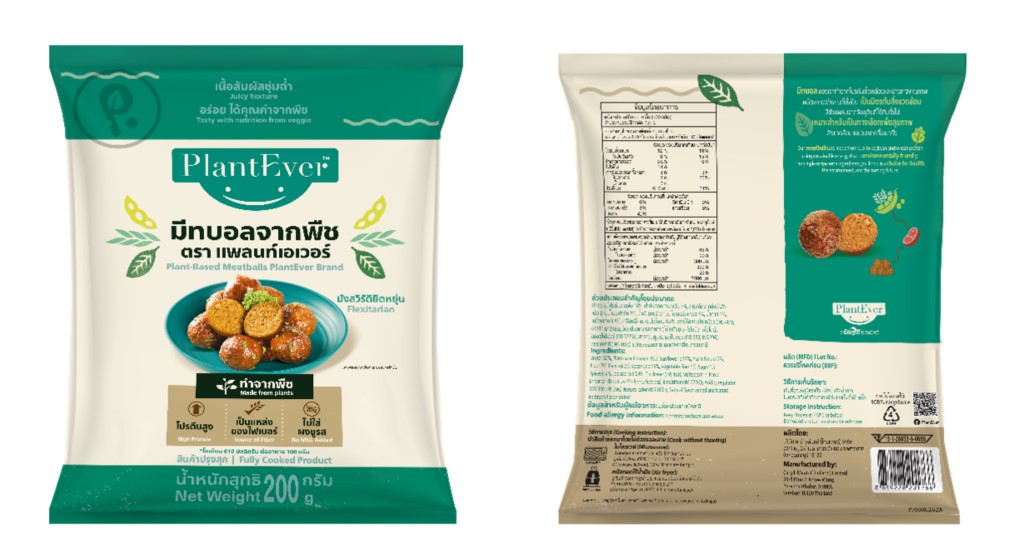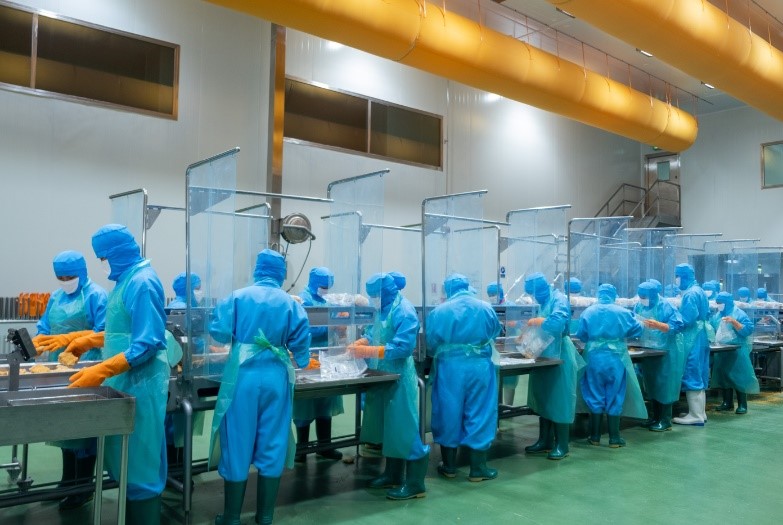Towards a more sustainable food supply chain: Leading the way in plastic waste management
Cargill is ambitious to achieve its food production goals to nourish the world in a safe, responsible, and sustainable way. We have continually improved our processes and applied technology to enhance our production line and distribution to be more efficient and sustainable. Our steps are to reduce usage of single-use plastic and collaborate with suppliers and partners to develop sustainable packaging.
In line with Cargill’s sustainability commitment, Cargill’s protein business in Thailand is running different projects related to single-use plastic reduction and sustainable packaging development. By 2030 the company aims to reduce 30 percent of single-use plastic packaging per ton of products sold compared to 2020, and achieve 100 percent of reusable, recyclable or compostable packaging per total packaging.
According to the plastic consumption in 2022, we can reduce more than 16% of single-use plastic per ton of product sold compared to 2020, while 99% of packaging used in our food supply chains is reusable, recyclable, and compostable.
Read our inspiring stories about plastic reduction efforts
PlantEver’s recyclable packaging

In 2021, Cargill launched PlantEver, a sustainable alternative plant-based protein brand, comes in 100% recyclable packaging. Cargill’s R&D team developed mono-material packaging for PlantEver products which gives full recyclability by using one dominant type of plastic resin and enables local consumers to enter sustainable consumption. The key characteristic of mono-material packaging is the use of films that are made entirely out of a single material, and as all layers are made of the same type of plastic it can be designed to be fully recyclable, leading to cleaner recycling streams and contributing to the circular economy.
Plastic reduction initiatives in business operation and manufacturing process
 Cargill is aware of the importance of packaging in terms of protecting and maintaining product quality and safety, while reducing environmental impact. Our feed business is performing animal feed transportation with the bulk feed tank method to reduce use of plastic bags in transporting animal feeds from the factory to farms. In our production facilities, we are using lightweight plastic packaging and paper boxes made of recycled content material. In addition, we use reusable packaging such as stainless-steel trays to transfer chicken parts in the manufacturing process that can be washed and reused and reusable egg trays for farm-to-farm transportation and egg incubation facilities.
Cargill is aware of the importance of packaging in terms of protecting and maintaining product quality and safety, while reducing environmental impact. Our feed business is performing animal feed transportation with the bulk feed tank method to reduce use of plastic bags in transporting animal feeds from the factory to farms. In our production facilities, we are using lightweight plastic packaging and paper boxes made of recycled content material. In addition, we use reusable packaging such as stainless-steel trays to transfer chicken parts in the manufacturing process that can be washed and reused and reusable egg trays for farm-to-farm transportation and egg incubation facilities.
